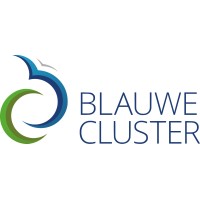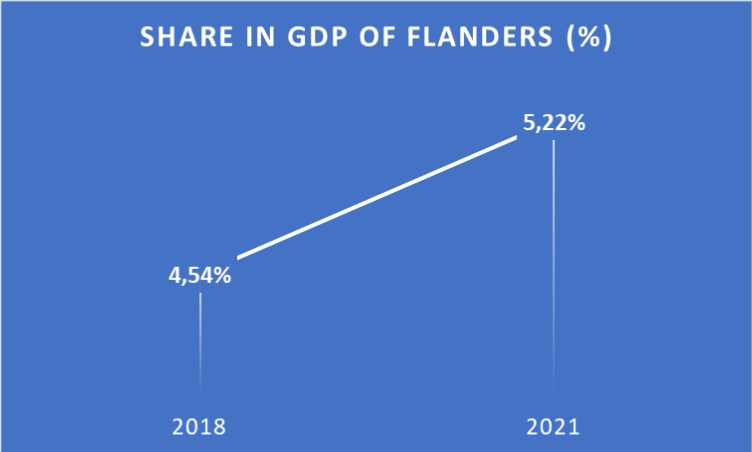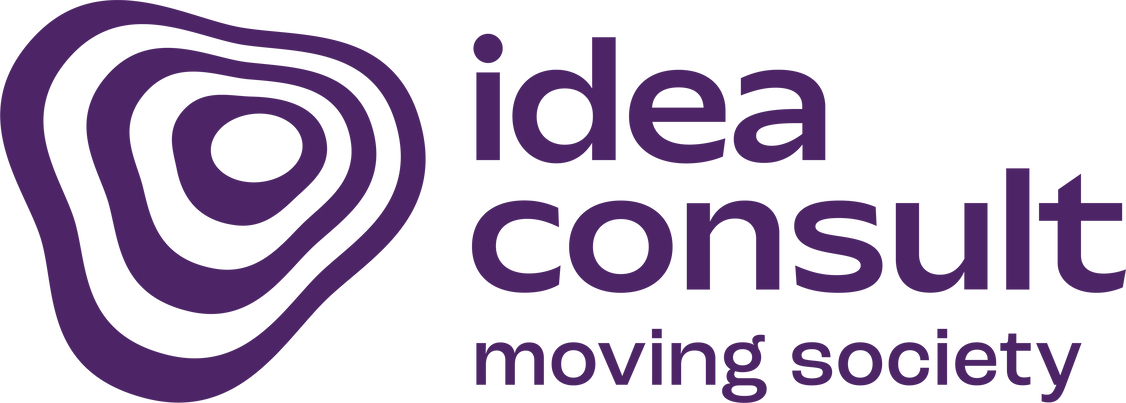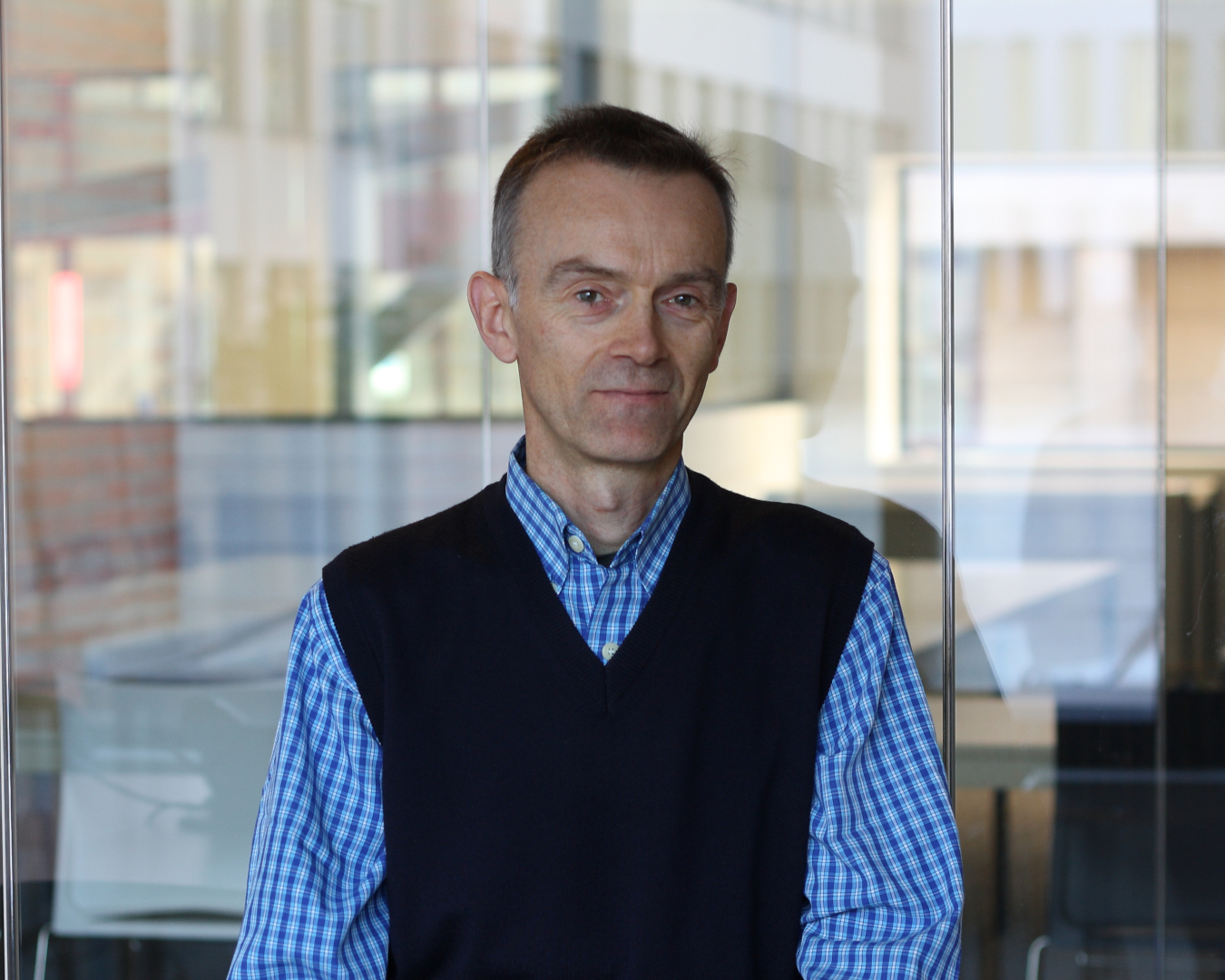We work on more than 300 projects every year.

Mapping the economic and societal impact of the blue economy in Flanders
Valentijn Bilsen
The challenge
Although in the past, several studies on partial aspects of Flanders’ blue economy were made, a coherent and integrated picture on the size and significance of this sector was lacking. This is why in 2019 the Flemish Spearhead cluster De Blauwe Cluster asked IDEA Consult to develop a method to estimate the economic and social impact of the blue economy in Flanders in a systematic and consistent manner. More recently, 2023, the De Blauwe Cluster wanted to obtain an update of the study especially in the wake of the challenges of the COVID-19 crisis, the disruptions of international trade and value chains and in the context of increased systemic uncertainty with numerous conflicts – in particular Ukraine and the Black Sea region and the tensions around the Baltic Sea and the East coast of the Mediterranean Sea – as well as structural changes in the energy economy in terms of prices and supply volumes.
The process & results
The first study of 2019 elaborated a systematic methodology to assess both the conventional parts of the blue economy, such as fishing, maritime transport, coastal tourism, as well as the so-called emerging activities such as offshore wind, nature based coastal defense and aquatic drone development. The economic impact was assessed quantitatively, and the social impact was illustrated qualitatively. The economic impact covered the direct, indirect and induced impact on the economy, as well as survey results about the entrepreneurs’ investment, employment and sales perspectives. The social impact was portrayed through four case studies which included the positioning on the Technological Readiness Level scale, the links with the transition priorities of the Flemish Government, and the links with the UN SDGs. The cases also contained an assessment of future market potential.
The results of the 2023 study confirmed the findings of the 2019 study: the blue economy is and remains a stronghold in the Flemish economic fabric. Moreover, it is a sector with positive prospects. This was already true in the previous study and has been reconfirmed in the 2023 study.
The blue economy provides almost 176,000 full-time jobs in Flanders, with a job multiplier of 2.07. This means that for every job in a blue economy company, more than one additional job is created in the rest of the economy. The blue economy contributes as much as 5.2% of Flemish GDP. This makes the blue economy a stronghold for the Flemish economy, comparable in size to the Flemish food industry or the Flemish chemical and life sciences cluster.
Most of the surveyed companies also foresaw a future growth for their blue economy related turnover, investments, and employment. No company indicated that there would be a decrease.
How did the blue economy evolve over time? The following figure indicates that contributions to the Flemish economy increased substantially, despite the challenges faced.

Virtually half of the respondents of the company survey indicated to provide a large to structural contribution to:
- The transition towards a circular economy;
- The energy transition; and
- The transition of mobility.
Concerning the UN Sustainable Development Goals, strong contributions were mainly identified for:
- SDG 9: Industry, innovation and infrastructure;
- SDG 13: Climate action;
- SDG 14: Life below water;
- SDG 7: Affordable and clean energy.
Three of the four case studies also contributed to SDG 8: Decent work and economic growth.
The case studies showed that although each of the projects studied have a divers and varied level of technological maturity, as measured along the TRL-scale, they all offered a profound economic value added with a promising market potential. This suggests that the Blauwe Cluster has an important role to play in facilitating the startup, growth, and valorisation of today’s embryonic blue economy initiatives towards value creation at a larger scale in the future.
Project link client:
The study can be downloaded here: Het economisch en maatschappelijk belang van de blauwe economie voor Vlaanderen (blauwecluster.be)

